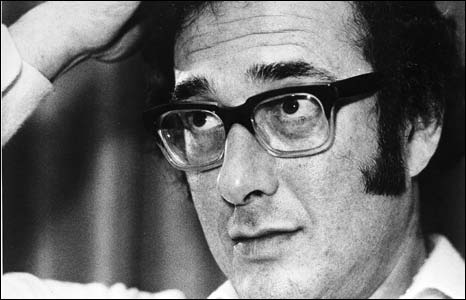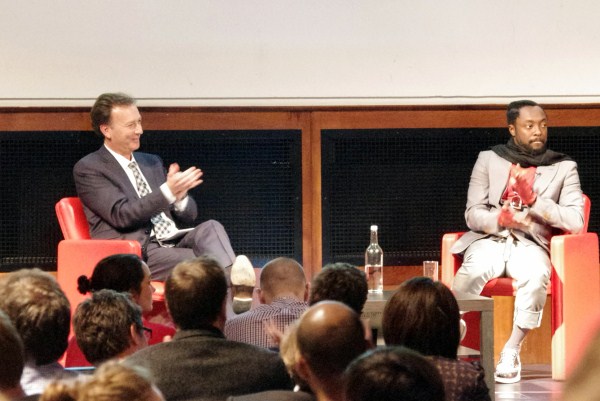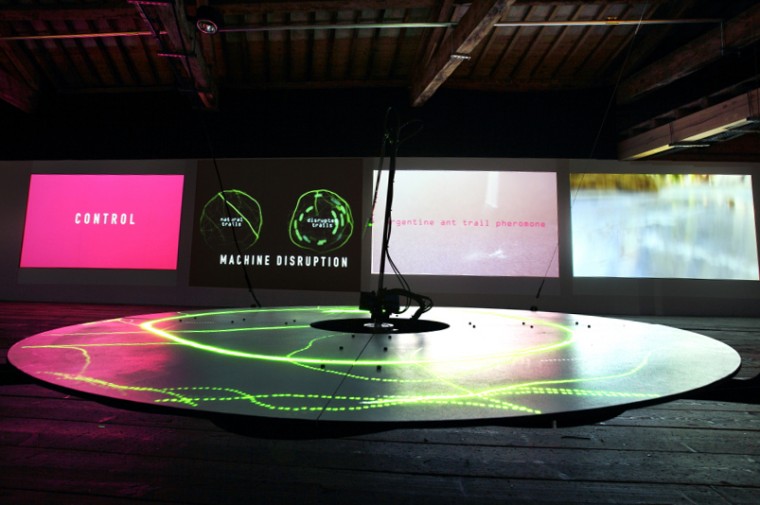|
I started my career in the arts. It wasn’t planned it was serendipity. During my secondary school years I spent my summers learning how to type (having aspirations to journalism I thought it would be a useful skill). My first job was as administrator for a small theatre company (now sadly defunct) and I got the job because the woman who ran the business school where I learned to type was married to a man called Jerry who had a company called Irish Business Systems. The Artistic Director of Cork Theatre Company was buying a new PC and asked Jerry if his wife might know someone who would make a good administrator. Jerry gave him my name and before I knew it there I was in a world about which I knew nothing (my typing prowess was undisputed). The last place you want to be a greenhorn is in the arts. They can be mean. Shortly after I started I remember being in the pub with a group of actors when I said “I saw this weird film last night called The Birthday Party has anyone heard of it”? Que much eyeball rolling and sniggering. “It’s by Pinter darling, don’t you know”. The arts is largely a closed world possibly the last bastion of the tyranny of the expert. Try to democratize and you are accused of “dumbing down” but why should the arts be exempt from the changes happening elsewhere to all business models? Because if technology is rewiring our brains , if we the web kids have a different outlook, does it not stand to reason that their modes of consumption for cultural products will also change? will.i.am gave a brilliant talk in 2012 at the Royal College of Art for their annual Innovation Night (you can watch it here and suggested how three year olds are going to connect with paintings (skip to 34.31 in the video for that particular section) in the future wanting to swipe the canvas in the same way they do their ipads saying “hey this don’t even work” and I have a strong suspicion that he is absolutely right about that. The role of the curator in this new world surely demands new approaches? I can’t see the “I pick what I think has value, or beauty, or worth. I mount it for your consumption and expect your gratitude for my erudite skills” as a sustainable approach for the future. Look up synonmys for “Curator” and this is what you get - custodian - keeper - trustee - guardian – conservator – which seems like remarkably closed terms. So what about the role of open data in the arts – where are those open box office records for all of the subsidized theatre venues in the UK so we can see in transparent ways what the pattern of national cultural consumption looks like? Would it not assist those running the venues to see what “product” (also a verboten word in the arts) gains traction and what does not? This is not to suggest that by interrogating open arts data you would simply attempt to recreate ad nauseum what is popular (god forbid) but you might at least get a better sense of what people really enjoy and iterate more challenging and diverse work by knowing better what emotional ties draw audiences to one product or another (that is of course if you accept the premise that work should be challenging and diverse). And opening up arts data for scrutiny is no different to the arguments about open data generally. The state has paid for it, it belongs to us and the arts is no different to any other sector in that regard. Patterns of audience consumption and preference are important elements in programming but yet these remain closed the property of the arts council, venue managers and artistic directors. Would it be so challenging to open the treasure trove up to other creative outside the system? To enable third parties to innovate and interrogate and enable others through their work join in the conversation?
Should we not all be allowed the opportunity to synthesise, mash up and create? Are we not the custodians of our own culture? We create the data by voting with our feet and applause should we be denied access to it? And what about the definition of culture or art are these not subject to change in a world where technology is redefining so much? I remember the tedious debates about whether photography was or wasn’t “Art” just like I remember the time when entry into the world of film was limited to those who could afford the means of production like an actual video camera. If you look up synonyms for “Art” you get - craft - skill - artifice - science - workmanship – knack – which would seem to widen the definition of artist to those who also work in technology (See here for my blog on Hackers and Painters). Perhaps I’m just not up to speed with debates in the art because I have left it behind for so long – it’s just that I don’t see much debate about opening up the arts and I thought it might be valuable to simply ask some questions. Michael Kaiser, Kennedy School of Performing Arts asks some different questions here but not entirely unrelated.
2 Comments
8/19/2013 08:54:20 pm
Great piece, Emer - and who could argue that beneficiaries of public funding in the arts shouldn't be required to open up their data. It makes sense and, more to the point, makes little sense for them to be excluded from the beneficial open data wave. And of course the definition of an artist includes those who also work in technology - and has done for some time. I recall that the mission of the Royal Academy of Engineering is to promote the arts and sciences of engineering. Who could deny the artistic value and contribution of Santiago Calatrava, a wonderful architect and engineer?
Reply
Eithne Harley
8/21/2013 07:58:33 am
Great post and it would indeed be fantastic if such data you speak of was made available to gain real insight into what is attractive and drawing crowds. I think it critical that the Arts embrace all things Digital - to survive if nothing else, as funding reduces but more importantly to reach bigger audiences and to empower the ordinary Joe to "be an Artist" and publish, exhibit etc "on-line"
Reply
Your comment will be posted after it is approved.
Leave a Reply. |
Details
Categories
All
Archives
August 2023
|



 RSS Feed
RSS Feed